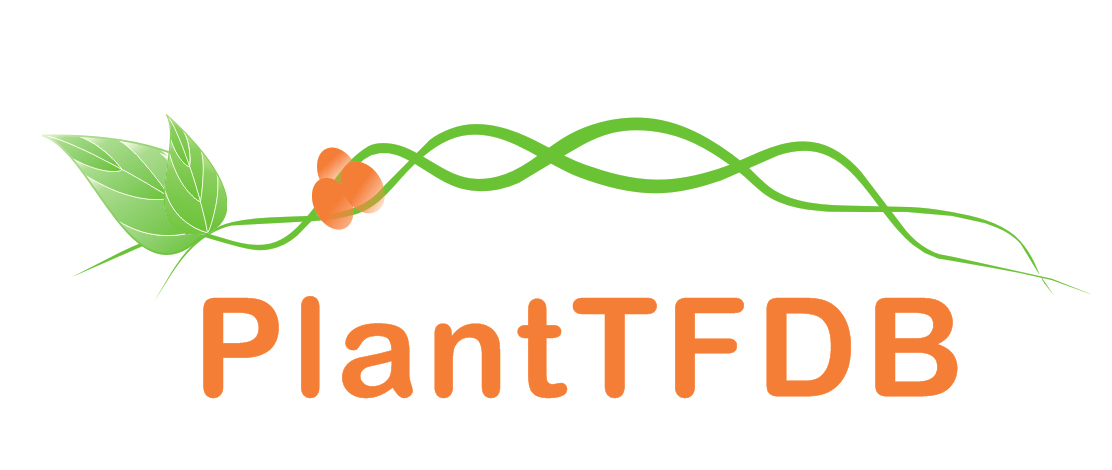 |
PlantRegMap/PlantTFDB v5.0
Plant Transcription
Factor Database
|
| Home TFext BLAST Prediction Download Help About Links PlantRegMap |
| Species | TF ID | Description |
|---|---|---|
| Oeu002089.1 | M-type_MADS family protein | |
| Oeu006607.1 | M-type_MADS family protein | |
| Oeu009929.1 | M-type_MADS family protein | |
| Oeu009933.1 | M-type_MADS family protein | |
| Oeu010457.1 | M-type_MADS family protein | |
| Oeu010545.1 | M-type_MADS family protein | |
| Oeu010550.1 | M-type_MADS family protein | |
| Oeu016647.1 | M-type_MADS family protein | |
| Oeu016906.1 | M-type_MADS family protein | |
| Oeu017584.1 | M-type_MADS family protein | |
| Oeu017585.1 | M-type_MADS family protein | |
| Oeu017586.1 | M-type_MADS family protein | |
| Oeu017587.1 | M-type_MADS family protein | |
| Oeu018600.1 | M-type_MADS family protein | |
| Oeu019130.1 | M-type_MADS family protein | |
| Oeu020889.1 | M-type_MADS family protein | |
| Oeu022771.1 | M-type_MADS family protein | |
| Oeu022772.1 | M-type_MADS family protein | |
| Oeu023243.1 | M-type_MADS family protein | |
| Oeu023403.1 | M-type_MADS family protein | |
| Oeu024642.1 | M-type_MADS family protein | |
| Oeu025302.1 | M-type_MADS family protein | |
| Oeu026465.1 | M-type_MADS family protein | |
| Oeu028405.1 | M-type_MADS family protein | |
| Oeu029234.1 | M-type_MADS family protein | |
| Oeu029235.1 | M-type_MADS family protein | |
| Oeu029249.1 | M-type_MADS family protein | |
| Oeu029488.1 | M-type_MADS family protein | |
| Oeu030264.1 | M-type_MADS family protein | |
| Oeu031750.4 | M-type_MADS family protein | |
| Oeu032519.1 | M-type_MADS family protein | |
| Oeu032521.1 | M-type_MADS family protein | |
| Oeu033016.1 | M-type_MADS family protein | |
| Oeu034504.1 | M-type_MADS family protein | |
| Oeu037771.1 | M-type_MADS family protein | |
| Oeu038578.1 | M-type_MADS family protein | |
| Oeu039510.1 | M-type_MADS family protein | |
| Oeu040891.2 | M-type_MADS family protein | |
| Oeu041404.1 | M-type_MADS family protein | |
| Oeu041553.1 | M-type_MADS family protein | |
| Oeu042246.1 | M-type_MADS family protein | |
| Oeu043001.1 | M-type_MADS family protein | |
| Oeu043454.1 | M-type_MADS family protein | |
| Oeu045757.1 | M-type_MADS family protein | |
| Oeu046899.1 | M-type_MADS family protein | |
| Oeu046900.1 | M-type_MADS family protein | |
| Oeu048605.1 | M-type_MADS family protein | |
| Oeu048608.1 | M-type_MADS family protein | |
| Oeu049758.1 | M-type_MADS family protein | |
| Oeu049759.1 | M-type_MADS family protein | |
| Oeu049760.1 | M-type_MADS family protein | |
| Oeu050185.1 | M-type_MADS family protein | |
| Oeu051193.1 | M-type_MADS family protein | |
| Oeu051266.1 | M-type_MADS family protein | |
| Oeu051415.1 | M-type_MADS family protein | |
| Oeu052267.1 | M-type_MADS family protein | |
| Oeu052268.2 | M-type_MADS family protein | |
| Oeu053261.1 | M-type_MADS family protein | |
| Oeu055551.1 | M-type_MADS family protein | |
| Oeu055558.1 | M-type_MADS family protein | |
| Oeu055567.1 | M-type_MADS family protein | |
| Oeu055568.1 | M-type_MADS family protein | |
| Oeu055569.1 | M-type_MADS family protein | |
| Oeu055578.1 | M-type_MADS family protein | |
| Oeu058849.1 | M-type_MADS family protein | |
| Oeu060675.1 | M-type_MADS family protein | |
| Oeu061767.1 | M-type_MADS family protein | |
| Oeu061769.1 | M-type_MADS family protein | |
| Oeu061838.1 | M-type_MADS family protein | |
| Oeu063533.1 | M-type_MADS family protein | |
| Oeu064521.1 | M-type_MADS family protein | |
| Oeu064524.1 | M-type_MADS family protein | |
| Oeu064601.1 | M-type_MADS family protein |
The best studied plant MADS-box transcription factors are those involved in floral organ identity determination. Analysis of homeotic floral mutants resulted in the formulation of a genetic model, named the ABC model, that explains how the combined functions of three classes of genes (A, B, and C) determine the identity of the four flower organs (reviewed by Coen and Meyerowitz, 1991). Arabidopsis has two A-class genes (AP1 and AP2 [Bowman et al., 1989]), two B-class genes (PI and AP3), and a single C-class gene (AG), of which only AP2 is not a MADS-box gene. Recently, it was shown that the Arabidopsis B- and C-function genes, which control petal, stamen, and carpel development, are functionally dependent on three highly similar MADS-box genes, SEP1, SEP2, and SEP3 (Pelaz et al., 2000). Interestingly, only when mutant knockout alleles of the three SEP genes were combined in a triple sep1 sep2 sep3 mutant was loss of petal, stamen, and carpel identity observed, resulting in a flower composed of only sepals. This example shows that redundancy occurs in the MADS-box gene family, which complicates reverse genetic strategies for gene function analysis. The SHP genes provide another example of MADS-box gene redundancy. shp1 and shp2 single mutants do not exhibit any phenotypic effect, whereas in the double mutant, development of the dehiscence zone is disturbed in the fruit, resulting in a failure to release seeds (Liljegren et al., 2000)[1].
It has been proposed that there are at least 2 lineages (type I and type II) of MADS-box genes in plants, animals, and fungi. Most of the well-studied plant genes are type II genes and have three more domains than type I genes from the N to the C terminus of the protein:intervening (I) domain (~30 codons), keratin-lik e coiled-coil (K) domain (~70 codons), and Cterminal (C) domain (variable length). These genes are called the MIKC-type and are specific to plants[2].
The MADS-box is a DNA binding domain of 58 amino acids that binds DNA at consensus recognition sequences known as CArG boxes [CC(A/T)6GG] (Hayes et al., 1988; Riechmann et al., 1996b). The interaction with DNA has been studied in detail for the human and yeast MADS-box proteins thanks to the resolved crystal structures (Pellegrini et al., 1995; Santelli and Richmond, 2000). The I domain is less conserved and contributes to the specification of dimerization. The K domain is characterized by a coiled-coil structure, which facilitates the dimerization of MADS-box proteins (Davies et al., 1996; Fan et al., 1997). The C domain is the least conserved domain; in some cases, it has been shown to contain a transactivation domain or to contribute to the formation of multimeric MADS-box protein complexes (Egea-Cortines et al., 1999; Honma and Goto, 2001)[1].
1.Parenicova L, de Folter S, Kieffer M, Horner DS, Favalli C, Busscher J, Cook HE, Ingram RM, Kater MM, Davies B, Angenent GC, Colombo L.
Molecular and phylogenetic analyses of the complete MADS-box transcription factor family in Arabidopsis: new openings to the MADS world.
Plant Cell. 2003 Jul;15(7):1538-51.
PMID: 12837945
2.Nam J, dePamphilis CW, Ma H, Nei M.
Antiquity and evolution of the MADS-box gene family controlling flower development in plants.
Mol Biol Evol. 2003 Sep;20(9):1435-47. Epub 2003 May 30.
PMID: 12777513



